When League of Legends team TSM exited the 2016 League World Championships after losing to Royal Never Give Up in October, League veteran AD carry Yiliang “Doublelift” Peng couldn’t bounce back. Doublelift gave up everything to win Worlds, spent around the clock hours of “sweat and toil” into being the best. And after that loss, his mental health suffered. Doublelift didn’t say it, but former Counter Logic Gaming teammate Zaqueri “Aphromoo” Black did: Doublelift was burnt out. Though he’s back on a competitive team now, Doublelift left TSM in November. It wasn’t a retirement, but it wouldn’t have been surprising if he had retired. Doublelift’s been playing League competitively for more than seven years. At 23, he’s on the older end of the esports age spectrum. Players often retire a lot earlier. And there’s a big reason for that: Burnout. Players don’t know how to separate work and play. But how do you fend off burnout when work and play are so closely intertwined? It’s not easy: Plenty of esports organizations struggle in finding the balance between practice and not practice. Because before going pro, gaming is a downtime activity—something that comes after responsibilities of the day. It’s how you wind down after work or school. Gaming is considered a hobby to the public-at-large, a waste of time. Breaking beyond that stereotype can be a challenge even for those who play video games for money. That’s why one esports organization is putting player health, both mental and physical, at the core of its management philosophy. Should it prove successful, Hammers Esports could help push the esports industry to a more standardized way of encouraging player health. Hammers, originally created to support the organization’s Vainglory team, was founded only in 2015 and has quickly grown. With Vainglory, Clash Royale, and Critical-Ops teams, Hammers is getting into a new game: Overwatch.
Being able to step back from Overwatch is healthy.
After signing European Overwatch team The Chavs, Hammers will move its new additions from Europe to North America. The team will live together, likely in Los Angeles, but practice in a separate location. It’s a deviation from a more common housing model that puts work and play in one space. “This will be our first entry in what we think is the healthiest option for teams,” Hammers co-owner King Perez de Tagle told Dot Esports. “If you’re out there to completely perform and completely focus, especially in a team environment, we just feel that making sure your head’s in a particular place for work or leisure.” He added: “Essentially you’re building a long-term team and you don’t want to take the risk of making these relationships any more stressed than they already could be.” A lack of structure around work and leisure blurs the line of professionalism in any job—and that’s traditionally been a problem in esports. “This is a job at the end of the day and [Hammers gamers] are expected to perform,” Hammers co-owner Jeff Wasson said. What Hammers is calling the “Hammers complex” is the answer, Wasson said: A traditional job structure that makes professional gaming closer to having a nine-to-five job. That’s just healthier, Wasson said. The space, which is being funded in partnership with an undisclosed entertainment company, will function as a living quarters for the Overwatch team, with offices for Hammers staff, too. The team will leave during the day and head to the training complex to practice. When they’re gone, Hammers staff will occupy the offices. Much of that structure will be enforced by Hammers’ coach Yann “Kirby” Luu. With a background in coaching American football in France for more than seven years, Luu knows how to run a team. “Having a player grind a few extra hours every day might make him better in the short term, but he would probably be less focused during the actual practice hours,” Luu said. A few months of that and the player will likely burn out. “My job is to ensure that we practice efficiently during those work hours, with a properly structured practice schedule so the players don’t feel the need to overwork themselves.” Luu’s experience as a sports coach is especially relevant in that area; his importance is more than just knowing a lot about Overwatch. “At the highest level, the players themselves have a lot of knowledge and often varying opinions,” Luu added. A good coach distills those varying opinions and leads the team toward compromise. Implementing structure for Hammers’ Overwatch team is key in developing the mental fortitude to be able to withstand the harder weeks. There will likely be moments where the team feels overrun after a tournament. Being able to step back from Overwatch is healthy for players in bouncing back. “It’s that edge that all the top tier teams need,” Wasson said. “To be able to have that mental fortitude and bounce back is so critical.” Because Hammers’ new Overwatch team will be moving from Europe, it may be easy to isolate themselves without access to their existing friends and family. That’s why it’s especially important for Hammers management to have a life outside of Overwatch.
How do you fend off burnout when work and play are so closely intertwined?
Whether that’s going out and sightseeing in Los Angeles or heading to the gym, it’s something that’ll have a positive impact on team mental and physical health. Despite this being Hammers’ first time using a life/work structure that prioritizes health, it’s been important for the organization since the beginning. Hammers actually has a clause in its player contracts to enforce health standards. “We’re really strict on that. Players have been cut before for not following the health clause, regardless of their performance.” Sleeping a decent amount and doing more than just “vegging” out at the computer is a long-term strategy for keeping players at their peak, minimizing burnout and injury. With the conceptualized facility imagined in Los Angeles, Hammers will be gunning for the city’s Overwatch League slot, even though there will be major competition. Blizzard hasn’t revealed how much it’ll cost to bid on a spot in the Overwatch League, but it’s rumored to be really expensive—reportedly up to $15 million. Though they’re a relatively young company, Hammers is apparently ready to drop big numbers on the slot. More information will come, of course, when Blizzard announces more about its league. Hammers, too, will reveal its partnership details in the coming months. “We know that we swim alongside big sharks, but we expect that goal to be eclipsed over time,” Perez de Tagle said.


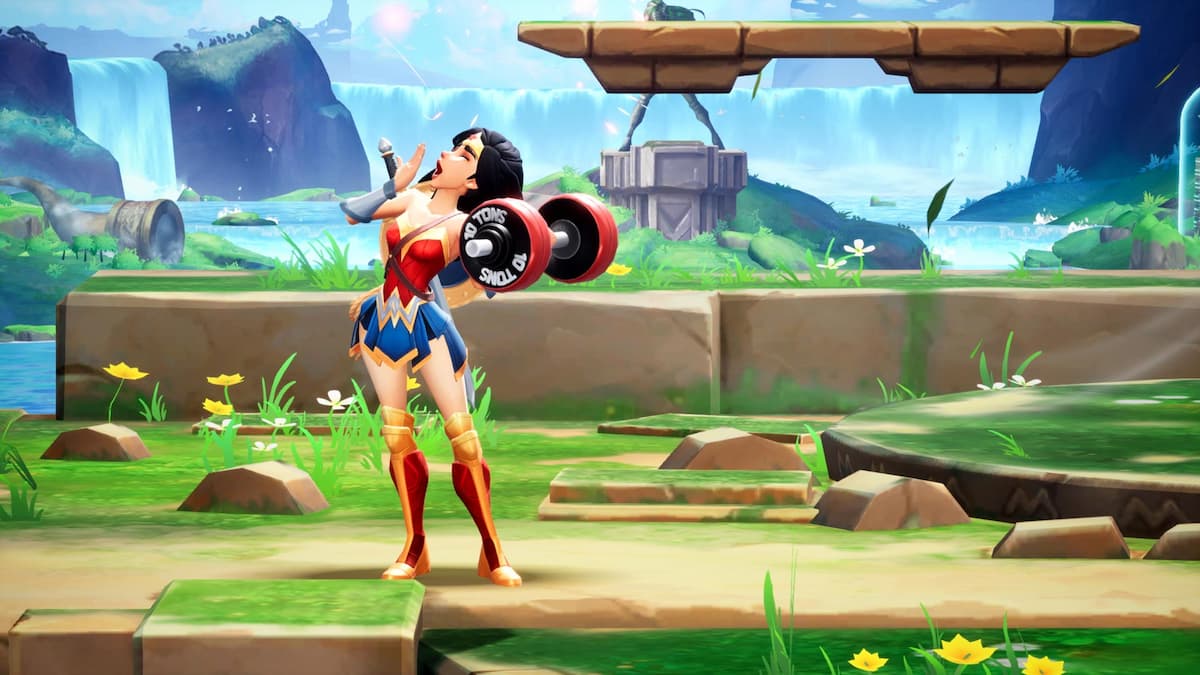


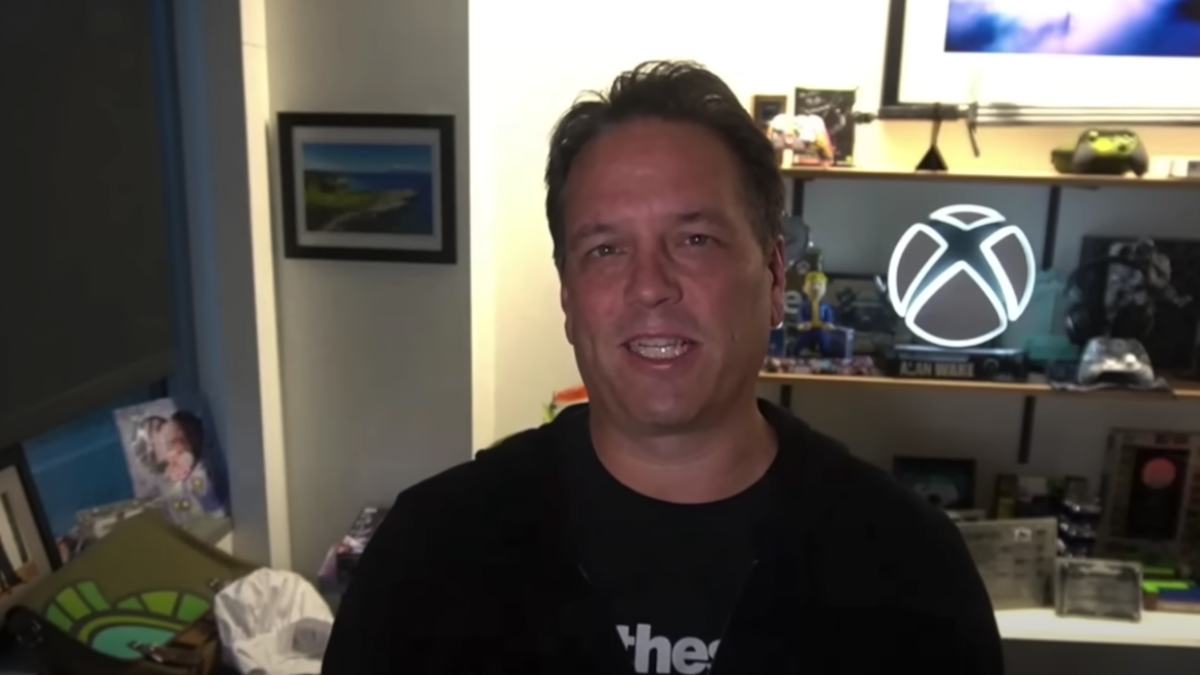
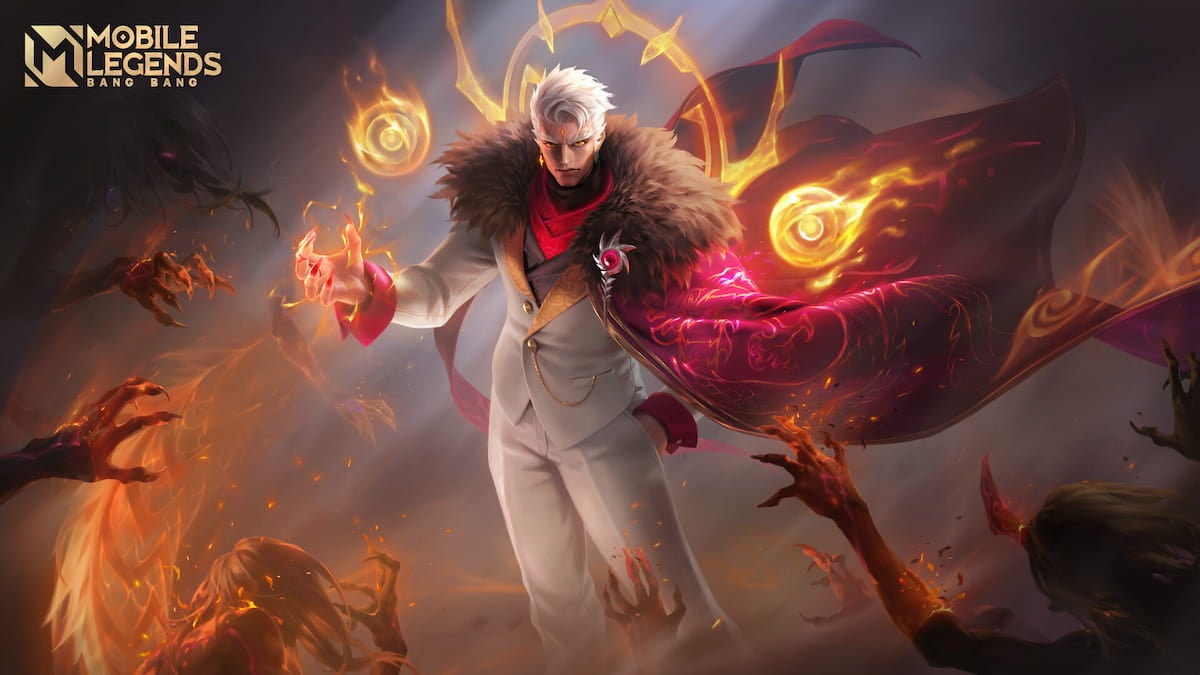
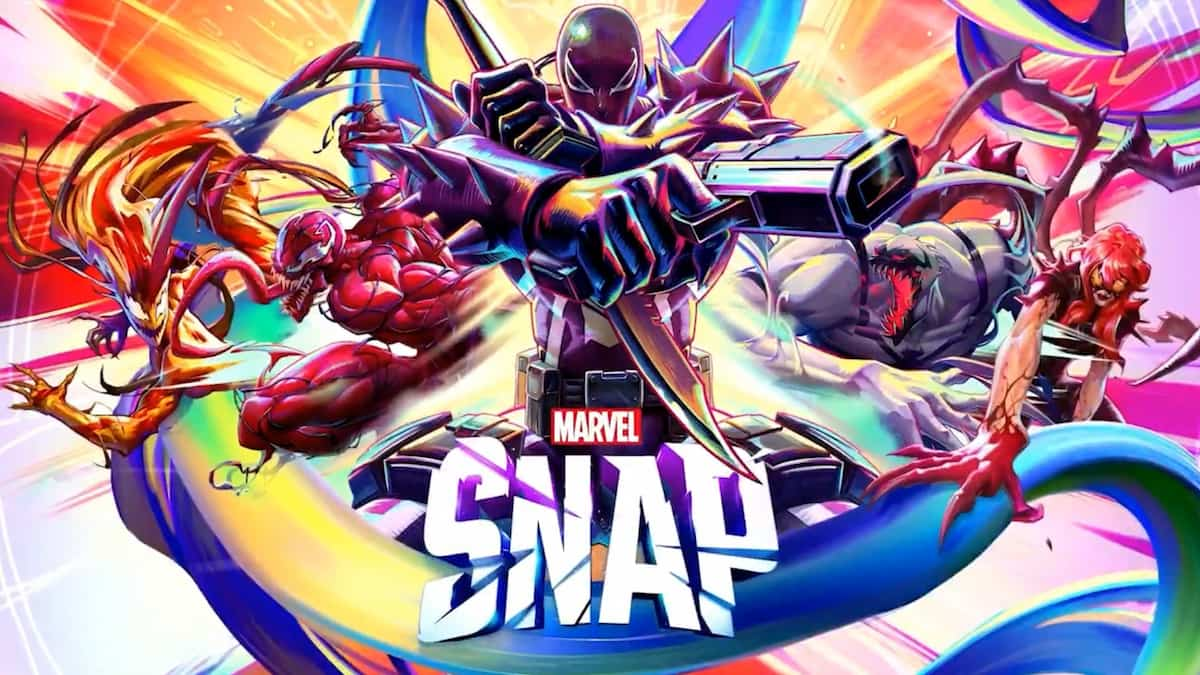
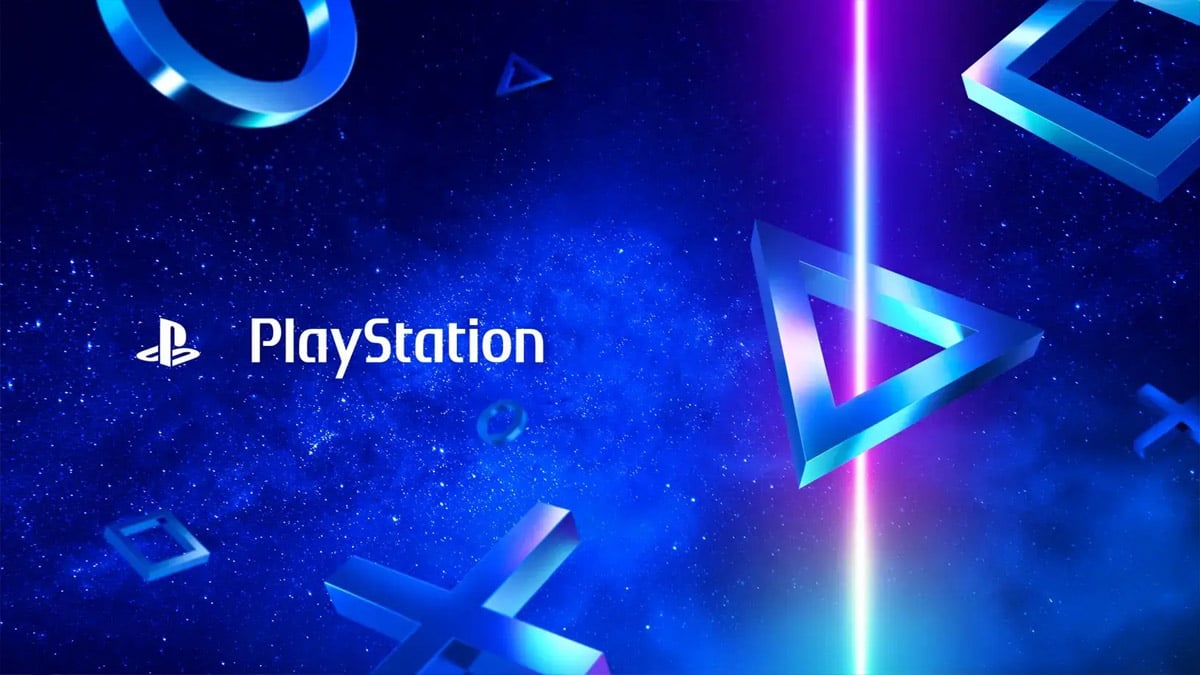
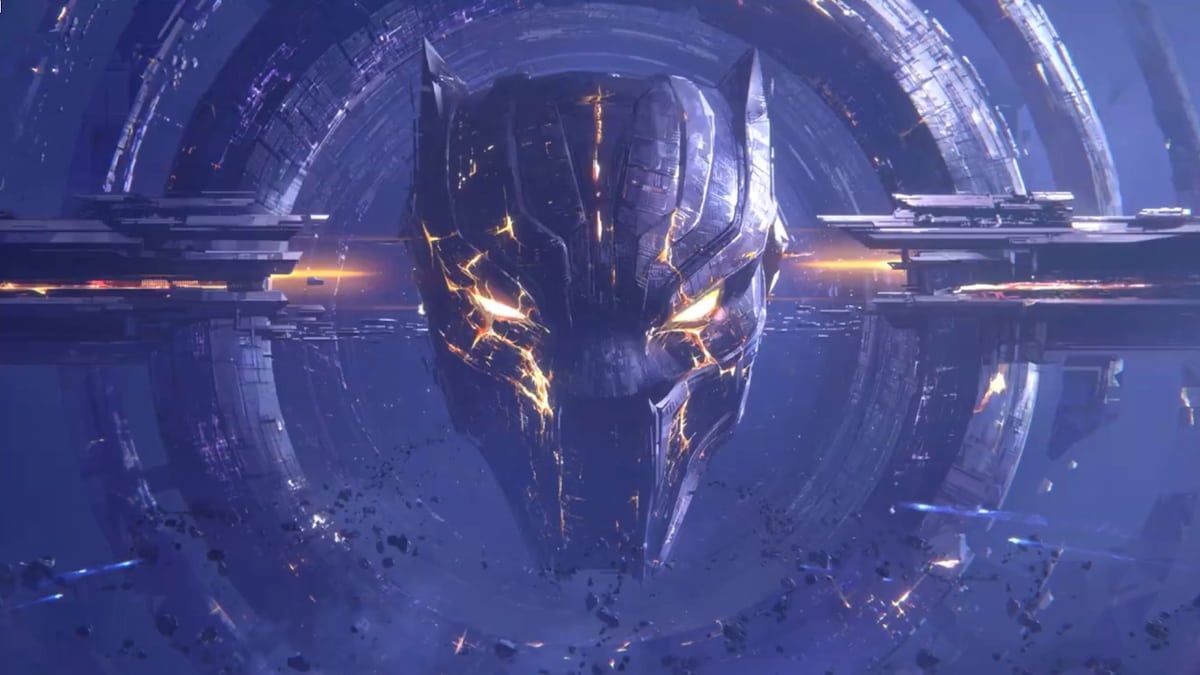

Published: Mar 21, 2017 08:54 am